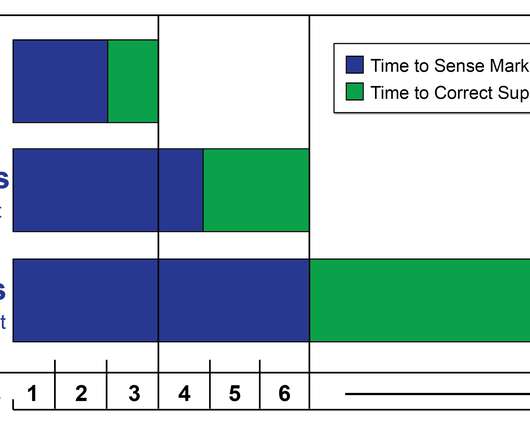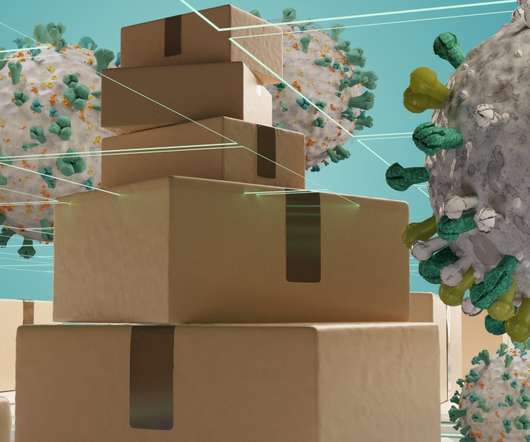Help Supply Chain Planners Be More Successful In These Uncertain Times
Supply Chain Shaman
MARCH 9, 2020
Before boarding the plane, I watched a traveler pull a diet Coke from the bin and thought about the struggle to source sweetener with the rise of COV-19. As I poured the dog food into the bowl for my pups, I wondered if I was going to have to switch kibble due to the looming issues of sourcing taurine—a health additive in many pet foods.
















Let's personalize your content